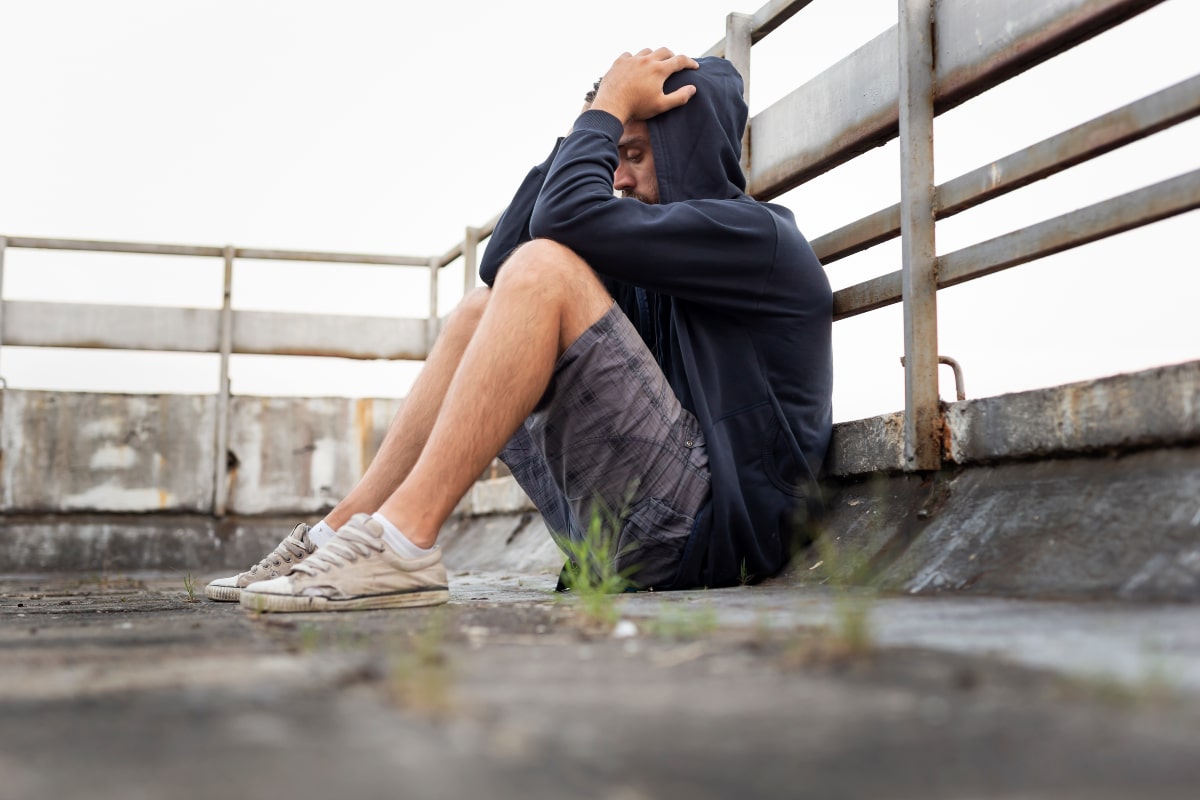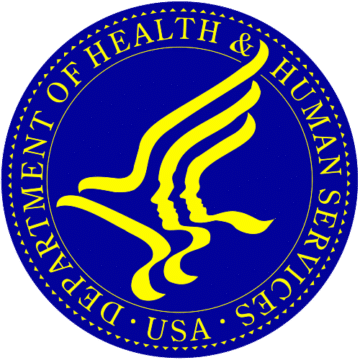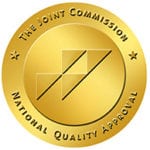
Recovery From Depression
D’Amore Healthcare™ is ready to show you a new way of living. Our well-trained and kind-hearted staff is on call and ready to help you 24 hours a day, year-round, to get you started on a personalized treatment plan of care with therapeutic modalities to ensure your mental wellness. We believe you are worth it, so call us anytime!
D’Amore Healthcare is a mental health treatment center for adult men and women specializing in the intervention, acute stabilization, and residential treatment of depression. Our mental health facility is located in Orange County, California.





























